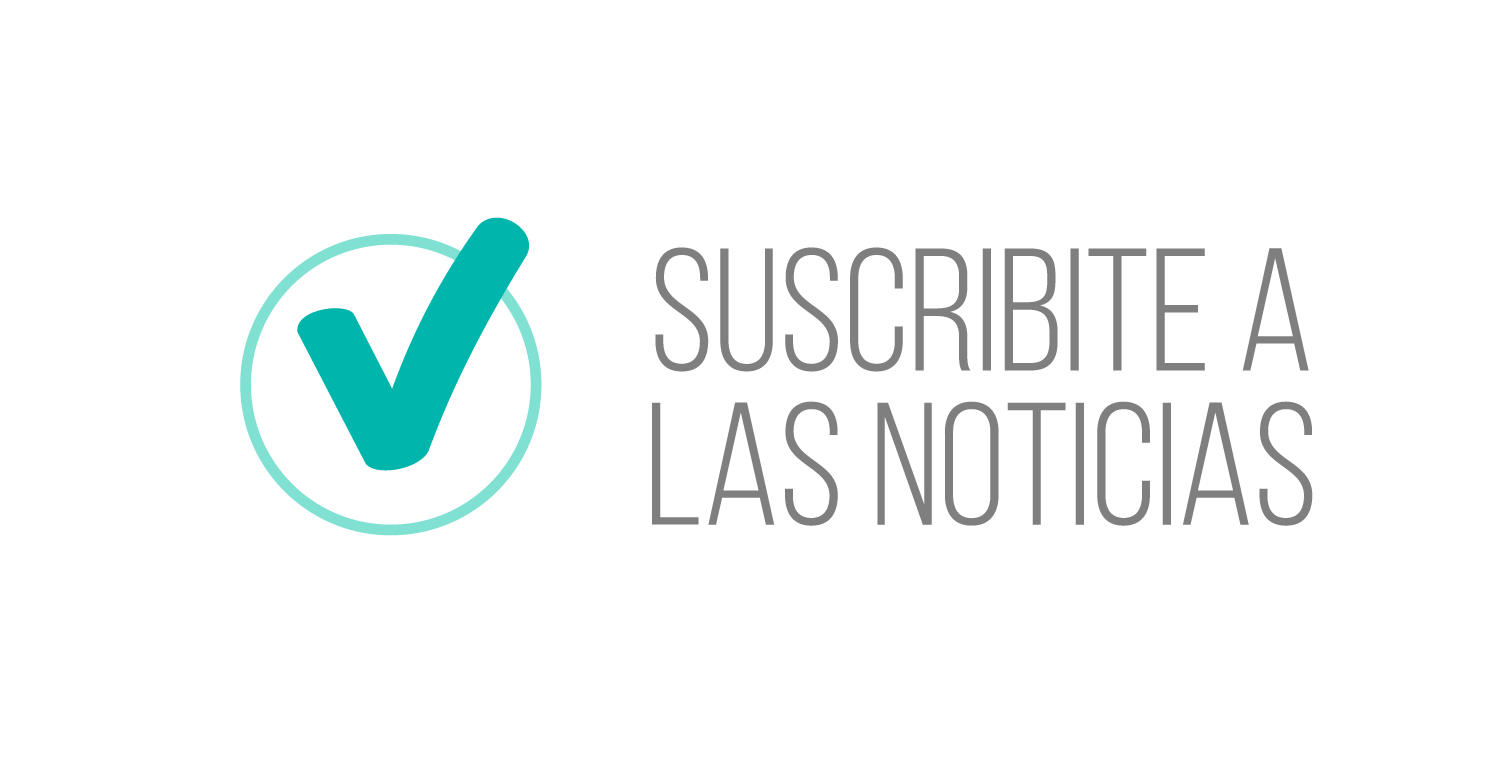Seminario de Investigación "SMS Campaign to Increase COVID-19 Vaccine Take-up in Tanzania"
El seminario destinado a docentes, investigadores, becarios y estudiantes interesados en la temática, se realizó el 12 de marzo a las 12:30 hs. en la sala 425, a cargo de Noela Ringo (Economic and Social Research Foundation).
Previo a su disertación, la expositora se reunió con el decano Eduardo De Giusti, el secretario de Investigación y Transferencia Hugo Collacciani, el subdirector del Centro de Estudios Distributivos, Laborales y Sociales (CEDLAS) Guillermo Cruces, y la investigadora de la Policy Impact Evaluation Research Initiative (PIERI) - Partnership for Economic Policy (PEP) Delfina Cerisoli.
Noela Ringo es investigadora en el Laboratorio de Evaluación de Impacto del Departamento de Gobernanza y Desarrollo de Capacidades de la Fundación para la Investigación Económica y Social (Economic and Social Research Foundation). Actualmente trabaja en varios proyectos de salud como "Urban Food Environments and Dietary Choices in Tanzania: Some lessons for Action on Hunger and Malnutrition", financiado por IDRC; "SMS Campaign to Increase COVID-19 Vaccine Take-up in Tanzania", financiado por PEP (Partnership for Economic Policy); y el proyecto "Afya Yako: Countering Public Health Misinformation through Local Media", financiado por el Social Science Research Council (SSRC). También es coautora del proyecto "The Impact of Taxing Mobile Money Withdrawals, who's most adversely affected?", financiado por el African Economic Research Consortium (AERC), y co-instructora del curso de formación sobre Evaluación de Impacto en el Programa de Desarrollo de Capacidades financiado por la Fundación Hewlett.
Abstract: What messaging will convince Tanzanians to get a COVID-19 vaccine? Recent empirical evidence show that simple and cost-effective SMS campaigns can persuade people to behave in ways that not only provide private benefits, but also social benefit. We proposed to use a randomized placebo-controlled trial, to evaluate an SMS campaign targeting Tanzanian mobile phone subscribers with two different SMS content aimed at increasing vaccine take up. We hypothesize different mechanisms by which Tanzanians may be induced to agree to get a COVID-19 vaccine including (1) altruism for others (empathy); and (2) COVID-19’s long term health impacts (Self - Interest). A placebo group of mobile subscribers received an SMS unrelated to the aforementioned interventions. Our study informed literature on the social science of persuasion more broadly but specifically on the subject matter relating to persuading adults to take up health interventions, in particular, a COVID-19 vaccine. We find no indication of positive impact three weeks after sending the SMS. Additionally, we did not find any evidence of heterogeneous effects in the analysis based on age, gender, employment status, and urban residency, indicating that our two treatments had relatively consistent effects across different groups. The observed null results may reflect the significant combined effort made by the government of Tanzania and other stakeholders to increase vaccination uptake in the country.
Organizaron: Departamento de Economía, CEDLAS, Instituto de Investigaciones Económicas y Revista Económica
Contacto: iie@econo.unlp.edu.ar
